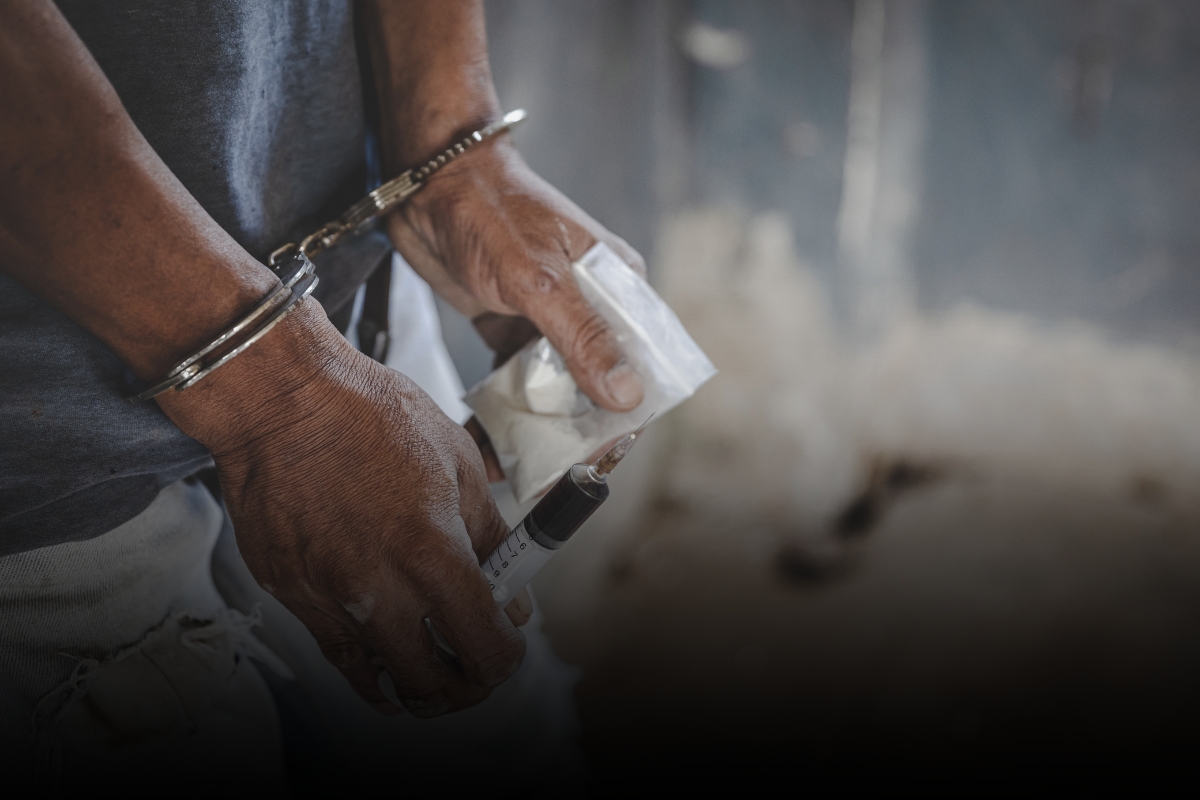If you’re facing a first-time drug charge in Minnesota, the fear of going to jail can be overwhelming. The good news? You might not have to. Minnesota’s legal system offers several alternatives to incarceration—especially for non-violent, first-time offenders—depending on the circumstances of your case, the type and amount of drug involved, and your willingness to cooperate with the legal process.
At Martine Law, we help clients across the state explore all possible options to reduce or eliminate jail time for first-time drug offenses. Here’s what you need to know.
Minnesota Drug Laws: An Overview
Minnesota classifies drug crimes under five degrees, with first-degree being the most serious. The classification depends on:
- The type of drug (e.g., heroin, meth, marijuana, prescription drugs)
- The amount involved
- Whether you had the intent to sell or just possess
- Prior criminal history
A first-time offender charged with possession of a small amount of a controlled substance (Schedule I–V drugs) is typically charged with a fifth-degree drug offense, which can be a gross misdemeanor or felony, depending on the case.
Learn more about how Minnesota classifies drug crimes here.
What Is a Fifth-Degree Drug Crime?
Under Minnesota Statutes § 152.025, fifth-degree drug charges can involve:
- Possession of a controlled substance (excluding small amounts of marijuana)
- Sale of a small amount of drugs without aggravating factors
Penalties may include:
- Up to 5 years in prison
- Up to $10,000 in fines
- Probation or conditional stays
- Drug education or treatment programs
However, first-time offenders may be eligible for alternatives.
Can First-Time Offenders Get Jail Time?
Yes—but not always.
Whether you go to jail depends on:
- The type and quantity of drug
- Your criminal history
- Whether there was intent to sell
- If the offense happened near a school or park
- Whether you agree to treatment or diversion programs
For many first-time, low-level possession charges, jail is not mandatory.
Diversion Programs in Minnesota
Many Minnesota counties offer pretrial diversion programs for first-time drug offenders. If you complete the program successfully, your charge may be dismissed.
Typical requirements include:
- No prior felony convictions
- Non-violent offense
- Agreement to undergo drug treatment or education
- Regular check-ins and drug testing
- Community service
Diversion is an excellent way to avoid jail and keep your record clean.
Stay of Adjudication
Another powerful alternative is a stay of adjudication, which allows the court to place you on probation without entering a conviction. If you comply with all probation terms, the charges may be dismissed entirely.
This option is often available to first-time offenders who demonstrate:
- Willingness to seek treatment
- No prior criminal history
- No violence or weapons involved
A skilled defense attorney can negotiate this with the prosecutor or request it from the court.
Deferred Sentencing or Stay of Imposition
In a stay of imposition, the court enters a conviction but postpones the sentence. If you successfully complete probation, the felony conviction can be reduced to a misdemeanor.
This can be crucial for protecting future opportunities, including:
- Employment
- Housing
- Education
- Immigration status
Learn more about expunging a drug conviction in Minnesota if your case qualifies.
Conditional Release and Treatment Options
Minnesota law encourages rehabilitation over punishment for those who genuinely seek help. Some counties may allow:
- Conditional release to inpatient or outpatient treatment
- Drug courts, which offer structured recovery and strict supervision
- Mental health or co-occurring disorder treatment, if applicable
These alternatives can replace jail time with meaningful support and recovery.
Will I Lose My License, Job, or Housing?
It’s possible—but not guaranteed. A conviction can trigger:
- Driver’s license suspension (for certain drug-related DUIs)
- Difficulty getting hired or renting an apartment
- Immigration consequences for non-citizens
This is why minimizing or avoiding a conviction through diversion or expungement is so critical. An experienced attorney can help assess and mitigate these risks.
What About Marijuana?
Possession of small amounts of marijuana (under 42.5 grams) is decriminalized in Minnesota and considered a petty misdemeanor, not a criminal offense.
However, larger amounts, concentrates, or intent to sell can lead to criminal charges. Even with marijuana, you should always consult a defense attorney to understand your rights and options.
How a Defense Lawyer Can Help
At Martine Law, we understand that one mistake shouldn’t define your future. If you’re a first-time offender, our team can help you:
- Apply for a diversion program
- Argue for a stay of adjudication or imposition
- Challenge the legality of the search or arrest
- Negotiate reduced charges or alternative sentencing
- Protect your record from long-term consequences
Don’t Wait—Act Early
The earlier you seek legal help, the better your chances of avoiding jail and clearing your record. First-time drug offenses may be taken seriously, but Minnesota’s legal system offers second chances for those willing to work for them.
If you’ve been charged with a drug crime for the first time in Minnesota, contact Martine Law today for a free consultation. Let’s explore every option to protect your future.



